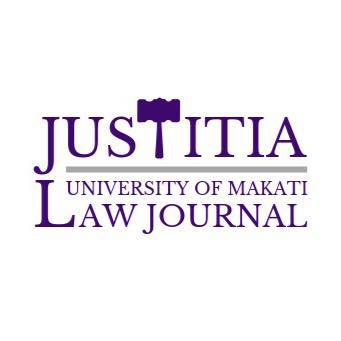Improving the Barangay Justice System Through More Stringent Examination of Provisional Remedies
Written by Nestor Lim

The Katarungang Pambarangay provides the people a way to resolve conflict without going to court through mediation, arbitration, and conciliation at the Barangay office. This not only helps clear the court dockets but also provides an avenue to help the people resolve their conflicts or disputes in a faster and more economical way. Parties residing in the same city or municipality or even those residing in different cities or municipalities but whose barangays are adjoining each other may opt to go through the Katarungang Pambarangay first before going to courts.
Under Republic Act No. 7160, otherwise known as the Local Government Code of 1991, as amended, the lupon of each barangay shall have authority to bring together the parties actually residing in the same city or municipality for amicable settlement of all disputes except:
(a) Where one party is the government, or any subdivision or instrumentality thereof;
(b) Where one party is a public officer or employee, and the dispute relates to the performance of his official functions;
(c) Offenses punishable by imprisonment exceeding one (1) year or a fine exceeding Five thousand pesos (P5,000.00);
(d) Offenses where there is no private offended party;
(e) Where the dispute involves real properties located in different cities or municipalities unless the parties thereto agree to submit their differences to amicable settlement by an appropriate lupon;
(f) Disputes involving parties who actually reside in barangays of different cities or municipalities, except where such barangay units adjoin each other and the parties thereto agree to submit their differences to amicable settlement by an appropriate lupon;
(g) Such other classes of disputes which the President may determine in the interest of justice or upon the recommendation of the Secretary of Justice.
In fact, the court in which non-criminal cases not falling within the authority of the lupon are filed may, at any time before trial, motu proprio refer the case to the lupon concerned for amicable settlement.
However, there are cases when the plaintiff or complainant would prefer to go to court directly rather than go through the barangay mediation and conciliation procedure. In such instances, some lawyers would normally add a provisional remedy such as a preliminary attachment or injunction together with filing of the complaint. This divest the Barangay of their jurisdiction to resolve the conflict and vests jurisdiction upon the trial court before which the case is filed, provided that other jurisdictional requirements over said case is satisfied.
While such maneuvers is allowed by law, there should be a genuine need for the provisional remedy sought for and should not be included to the initiatory pleading for the purpose of just choosing jurisdiction. Otherwise, it would defeat the purpose of the Katarungang Pambarangay provision as well as potentially have negative adverse effect to the litigants especially if there is a genuine possibility of reconciliation among them.
It has been proposed that a more stringent examination of the reason behind the provisional remedy should be made through a personal examination of the judge employing searching questions and answers especially for cases that should have gone through the Barangay first in order to ensure that there is a genuine need for the provisional remedy being sought for. This would help strengthen the Barangay Justice System and promote amicable settlements among the litigants.
